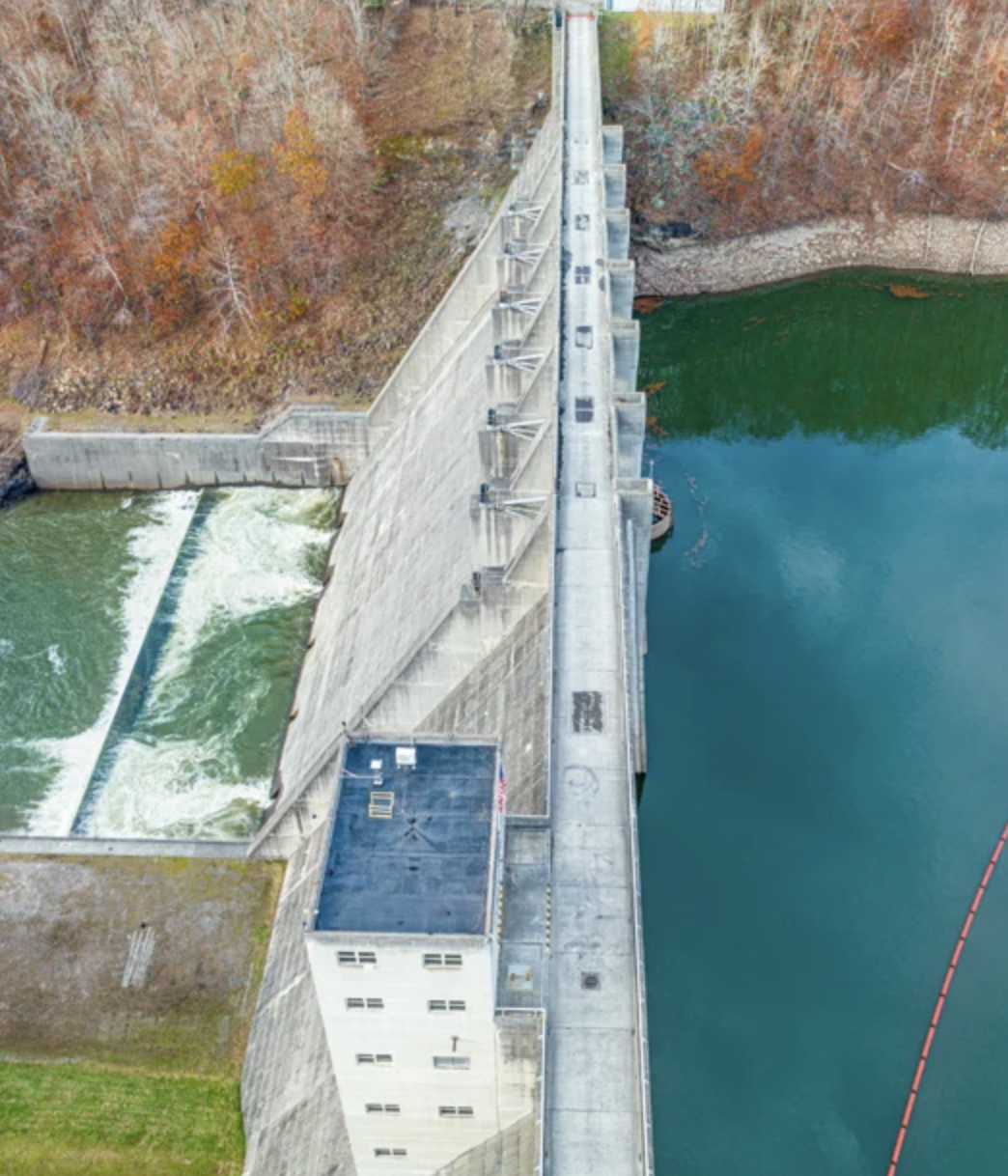
- Details
- By Native News Online Staff
The Water Resources Development Act of 2024 passed through Congress this month and is expected to be signed into law by President Biden any day now. It is a big win for Pacific Northwest tribes.
The act iw a biennial bill that authorizes U.S. Army Corps of Engineers projects and programs—U.S. Senator Patty Murray (D-WA), Chair of the Senate Appropriations Committee, and U.S. Representative Rick Larsen (D-WA-02), Ranking Member of the House Transportation and Infrastructure Committee, secured significant changes to the U.S. Army Corps of Engineers’ Tribal Partnership Program (TPP).
This program provides federal support for Tribes in projects related to environmental restoration, flood mitigation, and the protection of natural and cultural resources. The legislation passed the House on December 10 by a vote of 399-18, the Senate on December 18 by a vote of 97-1, and is now heading to President Biden for final approval.
For years, restrictive limitations on TPP had made the program largely inaccessible to Tribes in Washington state and the Pacific Northwest. Senator Murray and Representative Larsen worked closely with Tribes across Washington state to advocate for, negotiate, and successfully secure a series of changes to improve access to TPP. These changes will benefit Tribes like the Yakama Nation and, for the first time, allow inter-Tribal organizations such as the Columbia River Inter-Tribal Fish Commission to participate in the program.
“The Tribal Partnership Program has tremendous potential to help Tribes in Washington state carry out critical ecological and habitat restoration projects that are important to their communities—but for too long, cumbersome restrictions have prevented Tribes in our region from taking advantage of this important program,” said Senator Murray. “In negotiations over this year’s Water Resources Development Act, I made it a top priority to secure changes that will allow TPP to better serve Tribes in Washington state—from allowing the first projects off reservation land, to moving toward direct Tribal contracting, to enabling inter-Tribal organizations to take advantage of TPP for the first time ever. Most importantly, this year we were able to make the TPP program permanent—giving Tribes the certainty they need to carry out longer-term and more complex construction projects, with greater benefits to Tribal communities. Altogether, these changes will make the Tribal Partnership Program more streamlined and beneficial for Tribes—leading to more successful projects across our state.”
“We deeply appreciate Senator Murray’s commitment to working with us and including key provisions in WRDA to strengthen and expand the ability of Tribes to partner with the Army Corps of Engineers on key conservation and ecosystem restoration projects,” said Gerald Lewis, Chairman of the Yakama Nation Tribal Council. “These actions will help us protect and enhance critical water resources and better fulfill the federal Treaty and trust obligations to tribes while restoring Columbia Basin salmon and native fish.”
More Stories Like This
Native News Weekly (August 25, 2024): D.C. BriefsNavajo Nation Mourns the Passing of Former Vice President Rex Lee Jim
Deb Haaland Earns Endorsement From Communications Workers of America Local 7076
University Soccer Standout Leads by Example
Two Native Americans Named to Democratic Congressional Campaign Committee's“Red to Blue” Program
Help us defend tribal sovereignty.
At Native News Online, our mission is rooted in telling the stories that strengthen sovereignty and uplift Indigenous voices — not just at year’s end, but every single day.
Because of your generosity last year, we were able to keep our reporters on the ground in tribal communities, at national gatherings and in the halls of Congress — covering the issues that matter most to Indian Country: sovereignty, culture, education, health and economic opportunity.
That support sustained us through a tough year in 2025. Now, as we look to the year ahead, we need your help right now to ensure warrior journalism remains strong — reporting that defends tribal sovereignty, amplifies Native truth, and holds power accountable.
 The stakes couldn't be higher. Your support keeps Native voices heard, Native stories told and Native sovereignty defended.
The stakes couldn't be higher. Your support keeps Native voices heard, Native stories told and Native sovereignty defended.
Stand with Warrior Journalism today.
Levi Rickert (Potawatomi), Editor & Publisher

